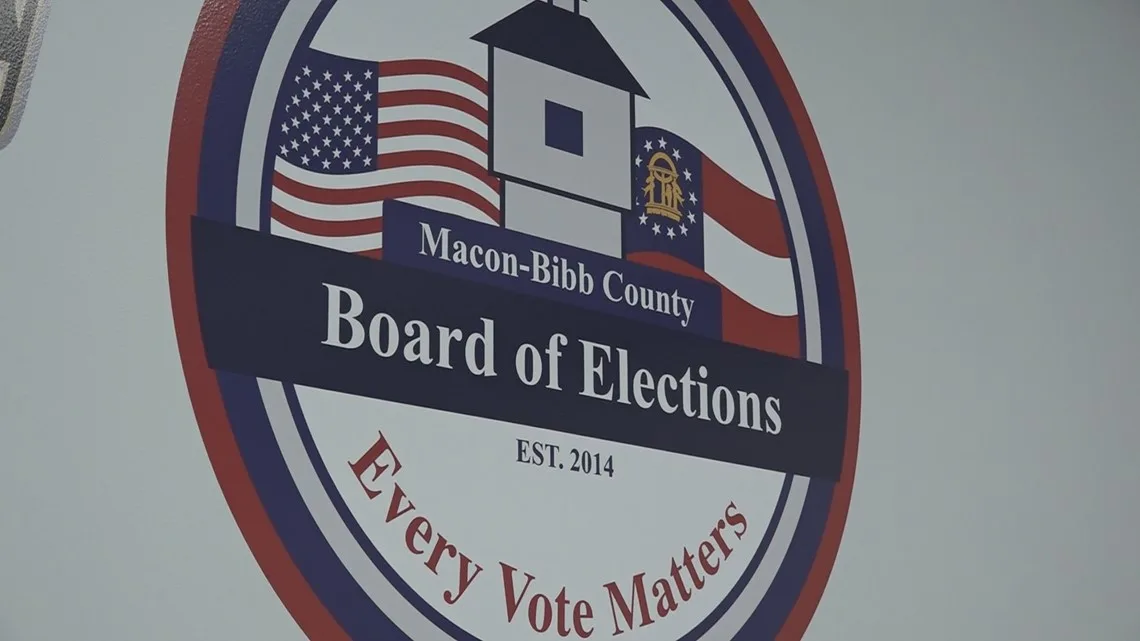
In a 2015 memo from Brian Kemp, then Secretary of State, he encouraged election officials to reduce polling locations.
MACON, Ga. — A civil suit out of Atlanta says redistricting lines may have violated the Voting Rights Act. The argument was the African-American population grew in certain counties and neighborhoods, but the state’s political districts were not drawn in a way that reflected that.
A federal judge said that the state must redraw the lines because they were racially discriminatory.
One of the places singled out in the case was Macon-Bibb County. They pointed to how the county reduced voting locations, with many of the closed polling stations serving minority neighborhoods.
Orville Burton, a professor at Clemson University and expert witness in the case, says 2015 Macon-Bibb County used to have 40 polling locations. Now, they have 32.
In a 2015 memo, Brian Kemp, then Georgia’s Secretary of State, encouraged local election officials to reduce the number of polling places.
Burton says those polling places closed mostly in predominately black neighborhoods like Macon’s Memorial Gym. In 2016, Memorial Gym closed for renovations and the polling place was moved to the sheriff’s office.
Macon-Bibb County election supervisor Thomas Gillon says Macon-Bibb County told the election board to consolidate.
“We decided to reduce the number of polling places and some of it was easy because some of the polling places were schools that were being either torn down or remodeled or such so we had to be out of there. Otherwise, we just figured the best way was to combine different precincts into the same building,” Gillon said.
Orville says Georgia’s Black population grew in recent years so voting districts should reflect that.
“There was an opportunity to create a district where minorities in this case particularly Black citizens would have an opportunity to elect the candidate of their choice,” Orville said.
The judge also cited Hancock County for reducing its polling places. Particularly one in a black neighborhood that was 17 miles from Sparta. Burton says that reducing polling places, makes it difficult for people to vote.
“So many minorities are at an 8-5 job or limited where they can go — it’s like almost putting another poll tax back in because it puts a disparate burden on the people who live further away,” Burton said.
Gillon says Bibb is removing two locations ahead of next year’s presidential election but they’ll replace them to help voters.
“We should have them all worked out well before the next election which will be in March,” Gillon said.
The federal judge gave the state until Dec. 9 to draw up a new voting map.

